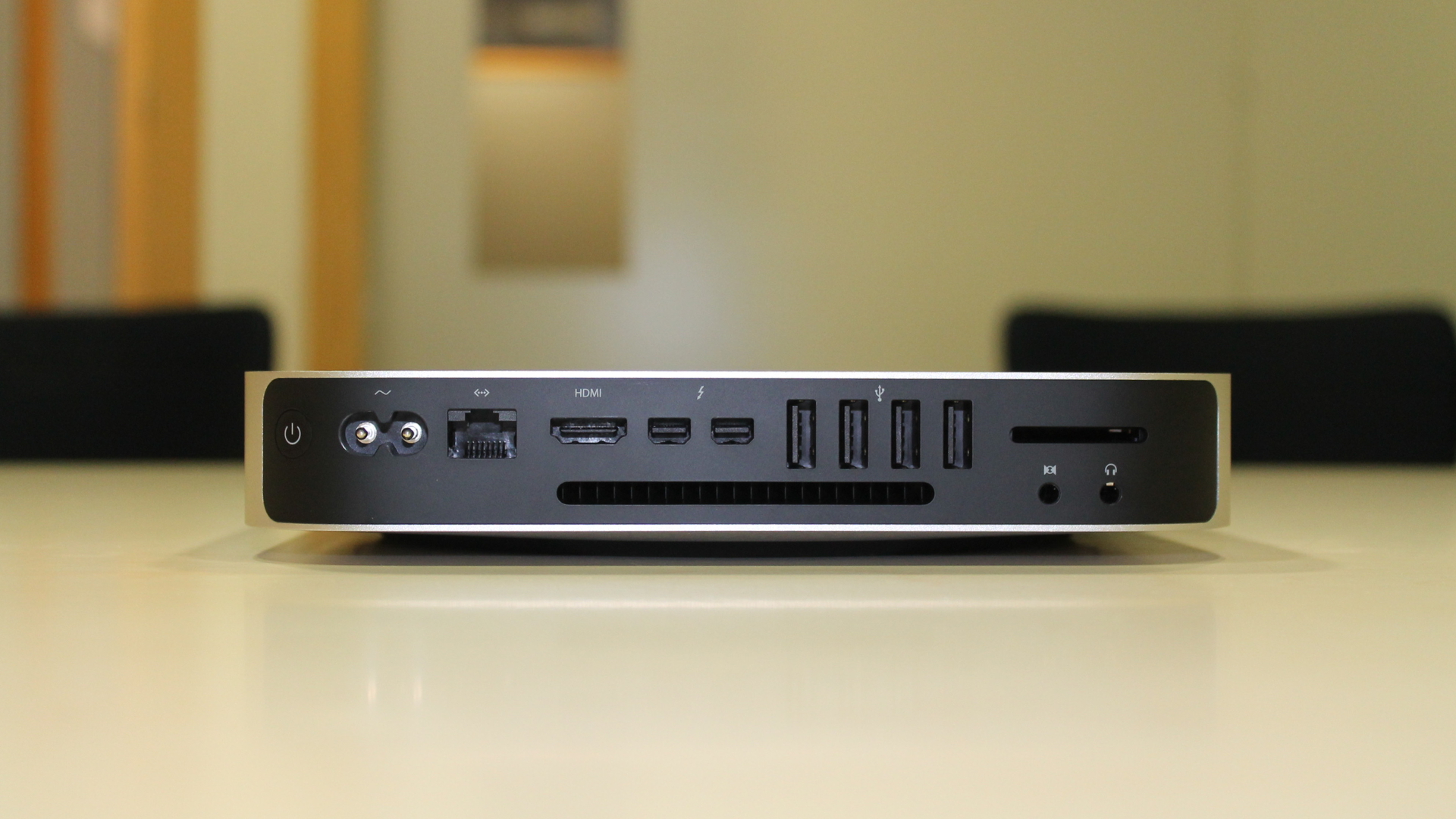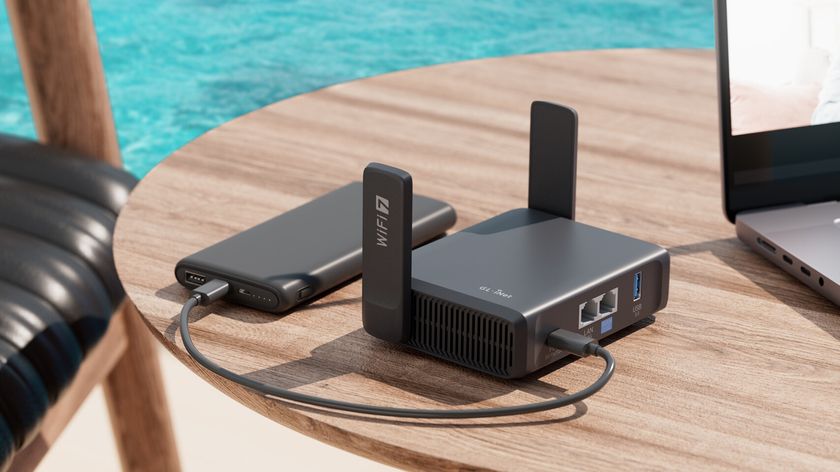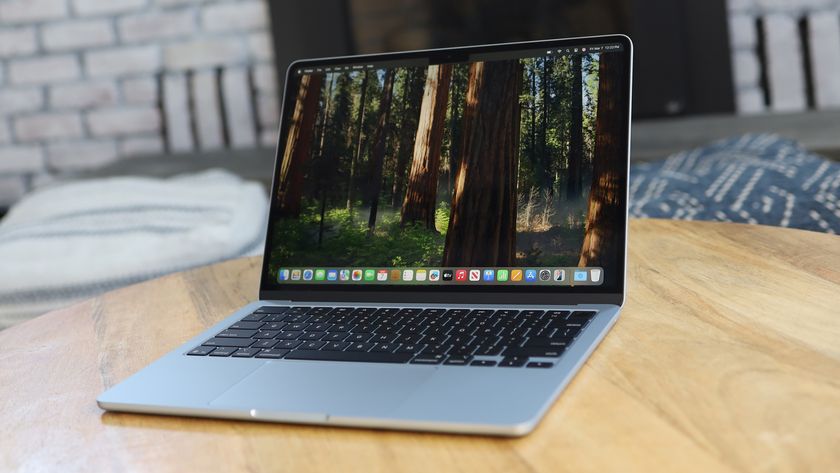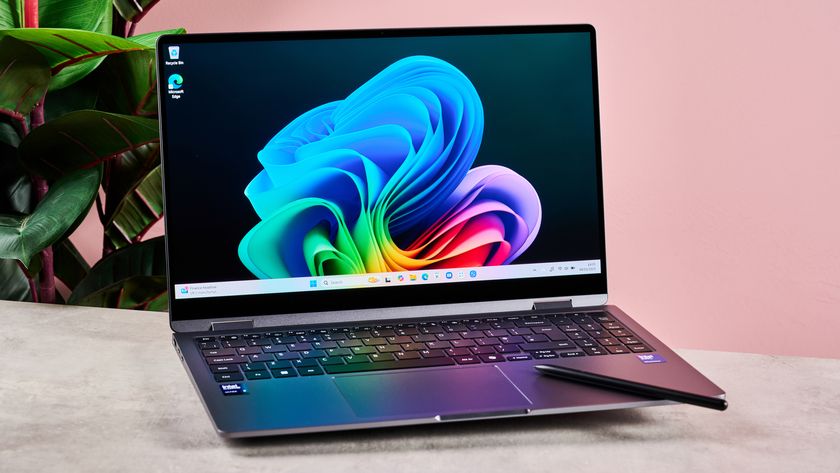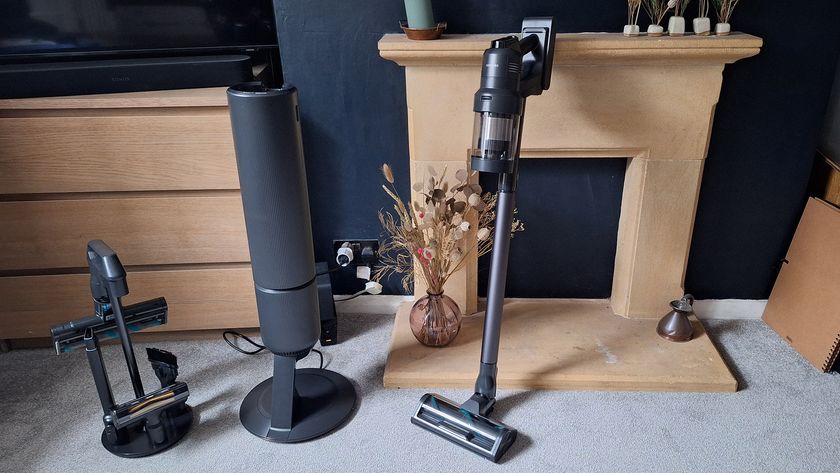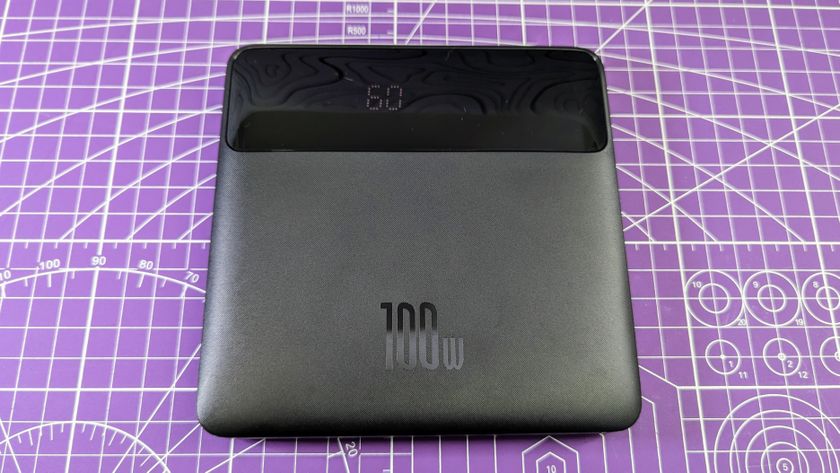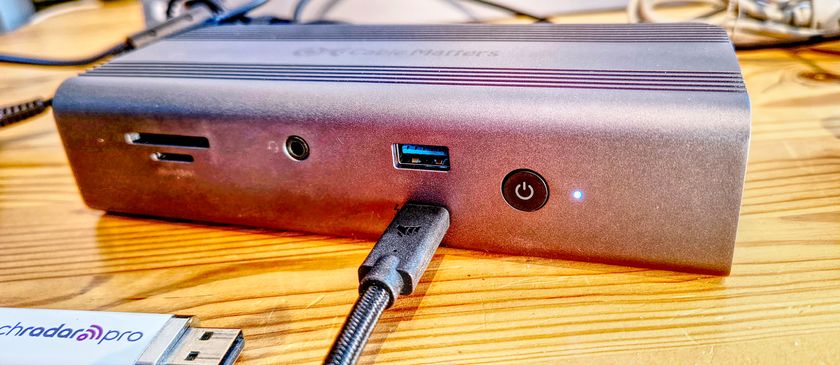TechRadar Verdict
The Mac mini gets a new processor, upgraded Wi-Fi and Thunderbolt 2, but its lack of upgradability and a quad-core option may be a deal-breaker for some.
Pros
- +
Still small and quiet
- +
Two Thunderbolt 2 ports
- +
Energy efficient
- +
802.11ac Wi-Fi
Cons
- -
RAM isn't user-upgradable
- -
No quad-core options
- -
Can't run 4K at 60Hz
Why you can trust TechRadar
It may be a staple design that’s been with us for over 12 years now, but Apple’s Mac mini still doesn’t enjoy the recognition it deserves. That’s the case despite our contention that it’s as influential on its rivals as the MacBook Air is generally accepted as.
In fact, the Mac mini has not only inspired other mini PCs in its class, but it could also be credited for its impact on the TV streaming box market. We mean, look at the latest Apple TV and tell us it didn’t borrow appearance elements from the fan-favorite Mac mini.
While you’ve been gawking over shiny new smartphones, it’s easy to forget about the importance of a proper desktop. The Mac mini 2014 specifically holds up, not to mention it’s probably the cheapest Apple computer you can buy assuming you already own a mouse, keyboard and monitor. Without those peripherals, though, you might want to consider an iMac.
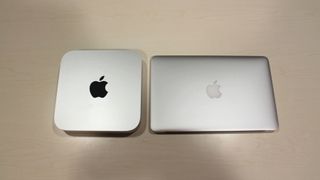
Virtually indistinguishable from its predecessor, the Mac mini broke ground at the time of its release – not because of its outward differences, but because it finally flipped the switch on Intel’s 4th-generation Haswell chip, having finally made the move away from Ivy Bridge. That might seem trivial now that we’re in the 8th-generation of processors for both laptops and desktops, but you can still push the Mac mini today as you would three years ago.
As we mentioned before, the Mac Mini is the cheapest way to dive head-first into Apple’s Mac operating system, otherwise known as macOS. The latest version of this software environment is called macOS 10.13 High Sierra. Even the Mac mini, a computer released back in 2014, comes with 10.13 pre-installed. The most notable changes found in High Sierra include the world’s fastest web browser, built-in, as well as an improved file system for faster storage.
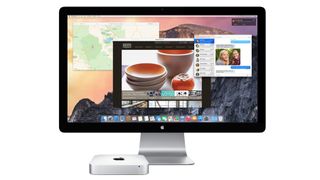
There are three new Mac mini systems in Apple's refreshed line-up. The entry-level Mac mini now costs £399 ($499), making it one of the company's most affordable computing devices ever. It comes with an Intel Core-i5 CPU clocked to 1.4GHz (Turbo Boost to 2.7GHz), 4GB of RAM and a 500GB HDD. Next along, the mid-range model comes in at £569 ($699) and houses a 2.6GHz Core-i5 CPU (Turbo Boost to 3.5GHz) backed up by 8GB of RAM.
Those seeking more computing power short of having to buy an iMac or a MacBook Pro should consider the top-end Mac mini, the machine featured in our review, which costs £799 ($999) and comes with a 2.8GHz Intel Core-i5 CPU (Turbo Boost to 3.3GHz), a 1TB Fusion Drive and Intel Iris Graphics. For extra cost, it is also configurable with a dual-core Intel Core-i7 CPU clocked at 3.0GHz (Turbo Boost to 3.5GHz) for maximum horsepower.
The higher-end Mac mini is still £100 ($157) cheaper than the entry-level 21.5-inch iMac, which comes with a 1.4GHz Intel Core-i5 CPU (Turbo Boost to 2.7GHz), 8GB of RAM, a 500GB HDD and Intel's integrated HD Graphics 5000.
Gabe Carey has also contributed to this review
First reviewed December 2014
